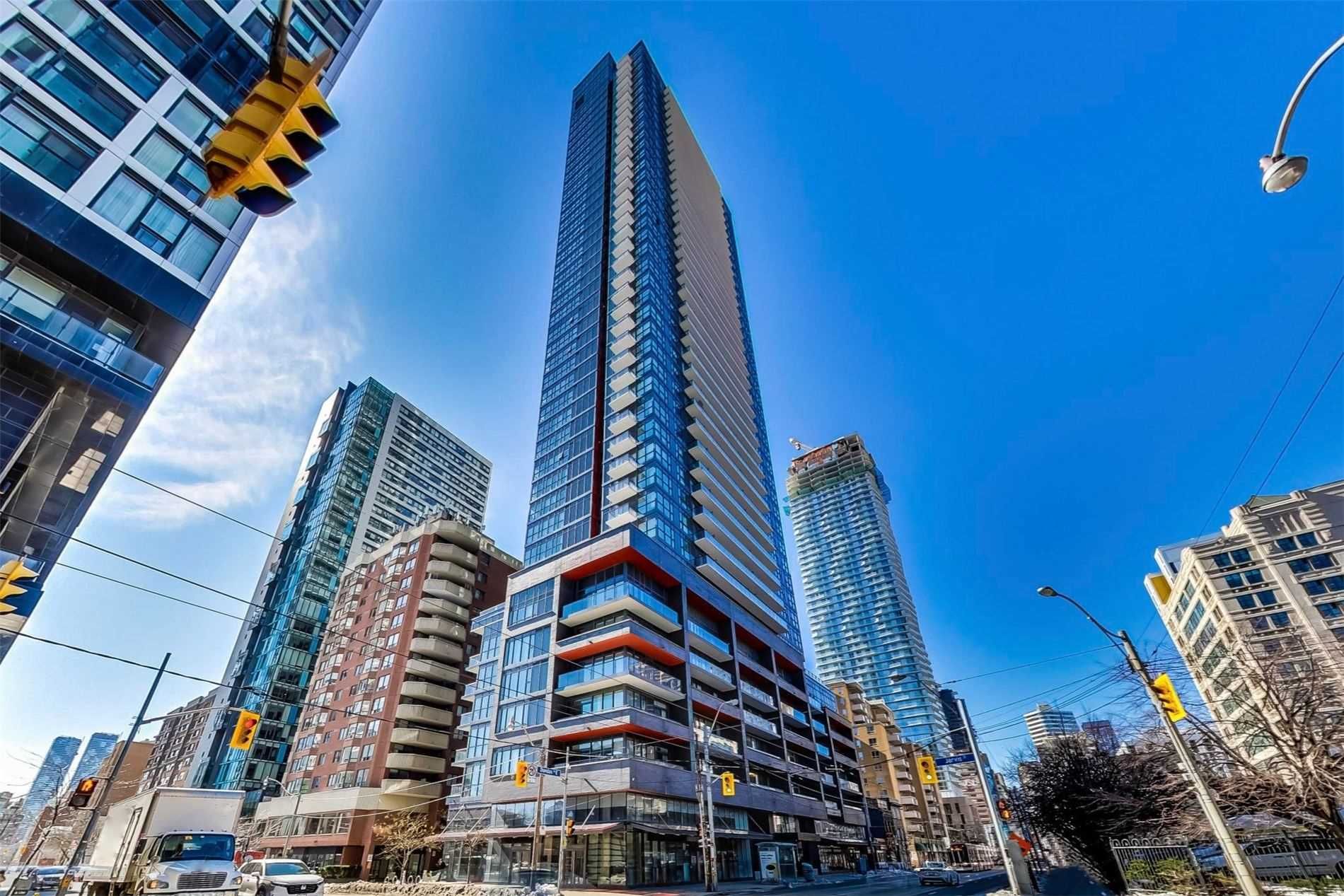To ensure every Canadian has a safe and affordable place to call home, Budget 2023 proposes new measures to build on this important progress. Over the past year, the federal government has taken significant steps towards making housing more affordable for Canadians. These have included:
• Introducing a two-year ban on non-resident, non-Canadians purchasing residential property to help curb speculation and ensure that houses are used as homes for Canadians to live in, rather than as financial assets for foreign investors;
• Introducing a one per cent annual underused housing tax on the value of non-resident, non-Canadian owned residential property that is vacant or underused;
• Introducing a new Tax-Free First Home Savings Account to allow Canadians to save up to $40,000, tax-free, to help buy their first home;
• Making sure that profits from flipping properties held for less than 12 months are taxed fully and fairly;
• Doubling the First-Time Home Buyers’ Tax Credit to provide up to $1,500 in direct support to home buyers to offset closing costs involved in buying a first home;
• Introducing a new, refundable Multigenerational Home Renovation Tax Credit, which will provide up to $7,500 in support for constructing a secondary suite for a senior or an adult with a disability, starting in 2023;
• Applying the Goods and Services Tax/Harmonized Sales Tax to all assignment sales of newly constructed or substantially renovated residential housing, to help address speculative trading in the housing market;
• Launching a new $4 billion Housing Accelerator Fund to remove barriers and incentivize housing supply growth, with the goal of creating at least 100,000 net new homes across Canada;
• Launching a $200 million stream under the Affordable Housing Innovation Fund to develop and scale up rent-to-own projects;
• Launching a third round of the Rapid Housing Initiative, which is providing $1.5 billion to create 4,500 new affordable housing units for Canadians in severe housing need, with 25 per cent of investments going towards housing projects targeted towards women;
Launching the New Tax-Free First Home Savings Account
In Budget 2022, the government committed to introducing a Tax-Free First Home Savings Account—a new registered plan to give prospective first-time home buyers the ability to save $40,000 on a tax-free basis. Like a Registered Retirement Savings Plan (RRSP), contributions will be tax-deductible, and withdrawals to purchase a first home—including from investment income—will be non-taxable, like a Tax-Free Savings Account (TFSA). Tax-free in; tax-free out.
• Budget 2023 delivers on this commitment and announces that financial institutions will be able to start offering the Tax-Free First Home Savings
Account to Canadians as of April 1, 2023.
A Code of Conduct to Protect Canadians with Existing Mortgages
Elevated interest rates have made it harder for some Canadians to make their mortgage payments, particularly for those with variable-rate mortgages.
• That is why the federal government, through the Financial Consumer Agency of Canada, is publishing a guideline to protect Canadians with mortgages who are facing exceptional circumstances. Specifically, the government is taking steps to ensure that federally regulated financial institutions provide Canadians with fair and equitable access to relief measures that are appropriate for their circumstances, including by extending amortizations, adjusting payment schedules, or authorizing lump-sum payments. Existing mortgage regulations may also allow lenders to provide a temporary mortgage amortization extension— even past 25 years.
This guideline will ensure that Canadians are treated fairly and have equitable access to relief, without facing unnecessary penalties, internal bank fees, or interest charges, which will help more Canadians afford the impact of elevated interest rates.
 Corinne McCabe ,
Corinne McCabe ,








